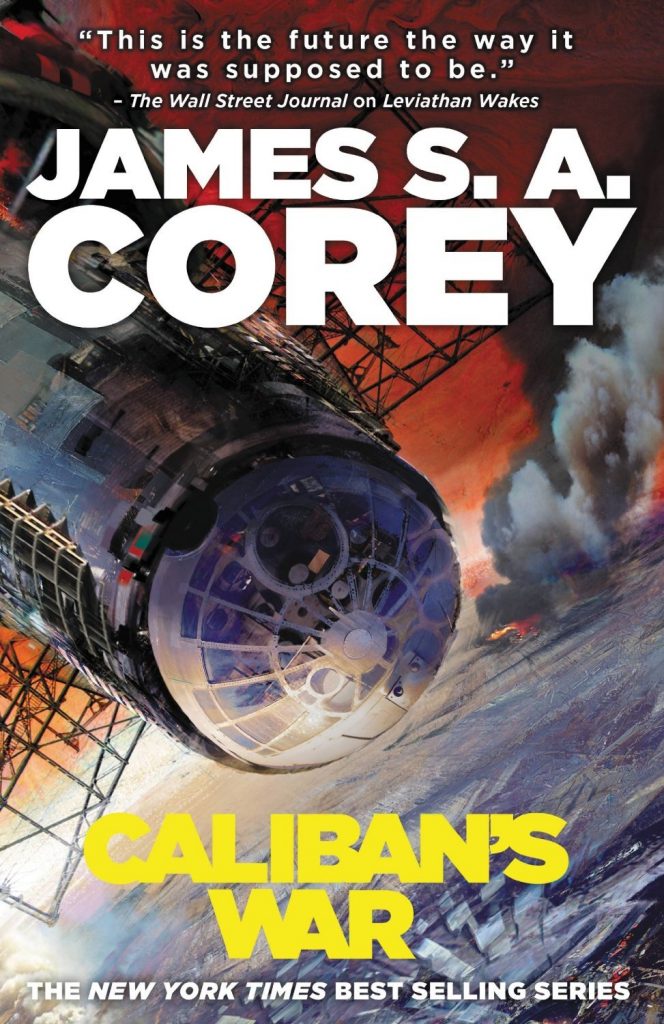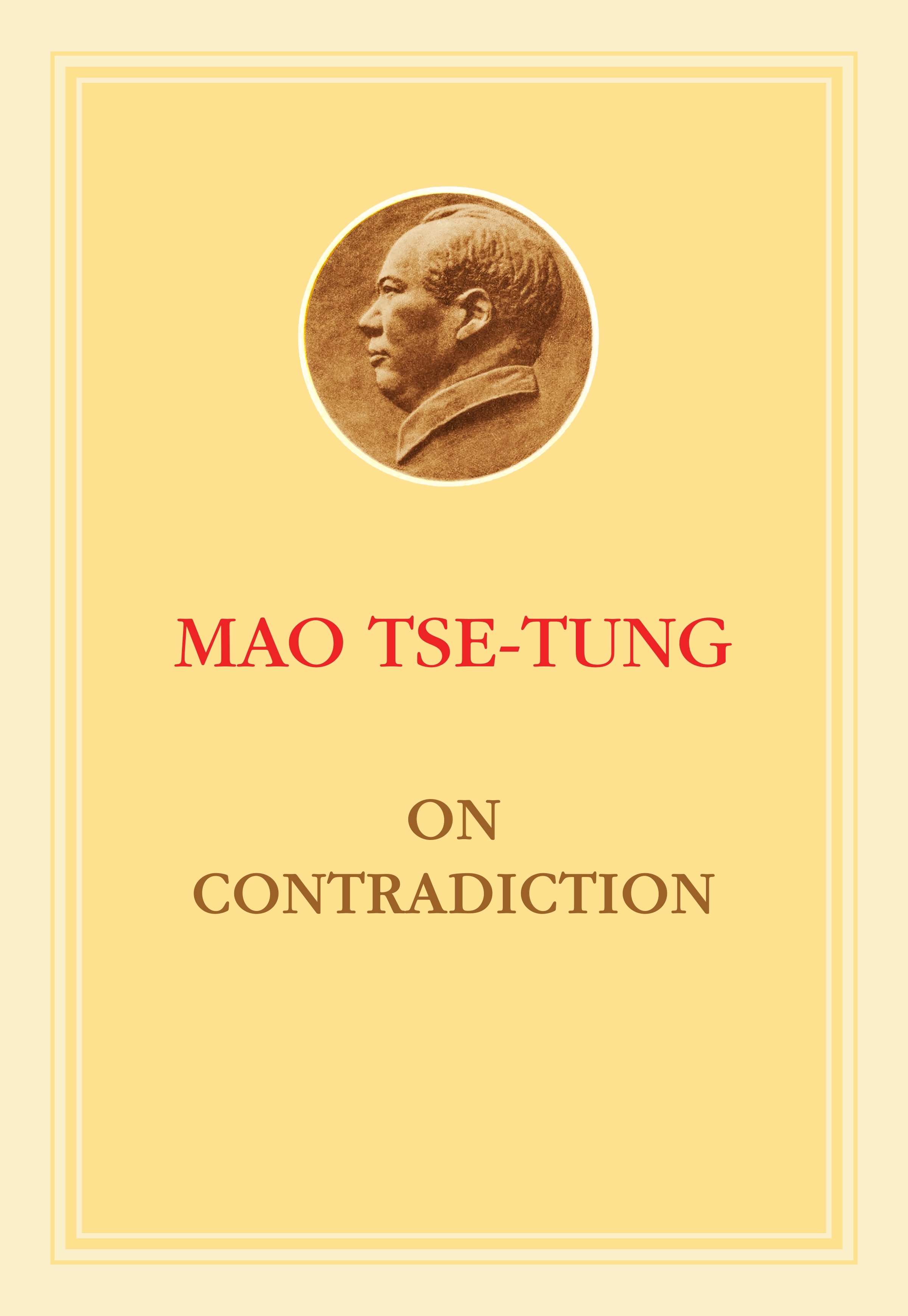The best way I could describe Uruguayan Journalist Eduardo Galeano's book is that it's a poetical obituary of the art of soccer. As the author writes in the first lines, “the history of soccer is a sad voyage from beauty to duty. When the sport became an industry, the beauty that blossoms from the joy of play got torn out by its very roots. In this fin de siècle world, professional soccer condemns all that is useless, and useless means not profitable.”
Galeano recounts the development of the sport from its ancient roots, its bourgeois upbringings in the modern age, through its proletarisation and to its eventual commercialisation by the global market. The history of soccer is one of those few instances whose origins are less grim than their present actuality.
The fact is that professional players offer their labor power to the factories of spectacle in exchange for a wage. The price depends on performance, and the more they get paid the more they are expected to produce. Trained to win or to win, squeezed to the last calorie, they are treated worse than racehorses.
Soccer in the chaotic 20th century turned from an innocent sport into a profitable and equally shady industry milked to its last bit by bureaucrats, merchants and corporations. Players are owned and sold and disposed of like slaves in plantations. The profession being shaped by the entertainment industry, the common man fails to regard the soccer player (or of any other mainstream sport for that matter) as a worker with labour rights, and the international bureaucracy tries its best to maintain the status quo.
The machinery of spectacle grinds up everything in its path, nothing lasts very long, and the manager is as disposable as any other product of consumer society.
But, despite the chronological narration, this is no history book, far from it. The passion and vividness in which the author describes some of most iconic plays from around the world, old amd new, capture a beaty that no camera or TV screen can ever catch.
To Galeano, soccer is an art; the players are performers; and the stadium is a theatre. He denounces the mechanical vocabulary employed by the critics and commentators: the players of the Argentine club River Plate couldn't be a "Machine" when they had so much fun they'd forget to shoot at the goal; the 1974 world cup Dutch team nicknamed "Clockwork Orange" was more of a jazz band.
The reader throughout the book ceases to be simply a spectator. No, he is now bonding with the fatigued striker, the goalkeeper criminalised by the fans, the distressed referee, the suicidal star and so on.
Galeano remains very much aware that sport cannot be detached from the politics of our age. To some fans, especially in South America,
The club is the only identity card [they] believe in. And in many cases the shirt, the anthem, and the flag embody deeply felt traditions that may find expression on the playing field but spring from the depths of a community’s history.
”Soccer and fatherland are always connected, and politicians and dictators frequently exploit those links of identity.” The championship is a national pride, countries host the world cup to bleach the regime's record of oppression, wins are offrances to the monarch or the tyrant.
Being a Uruguayan, the author shifts the spectacle of soccer from the European pitches to the South American turf, breaking the mythological narrative of European dominance and superiority in a sport that had no meaning before the Brazilian Mulattoes Friedenrich and Pelé, the Argentine Di Stéfano, the grandsons of slaves Gradín and Delgado, all dabbled with the ball.
The game of soccer was and still is the source of happiness and glimmer of hope for the youth of the world. As for the professional sport, we must mourn its beautiful past and cry on the cold body that is shamelessly called “soccer.”


